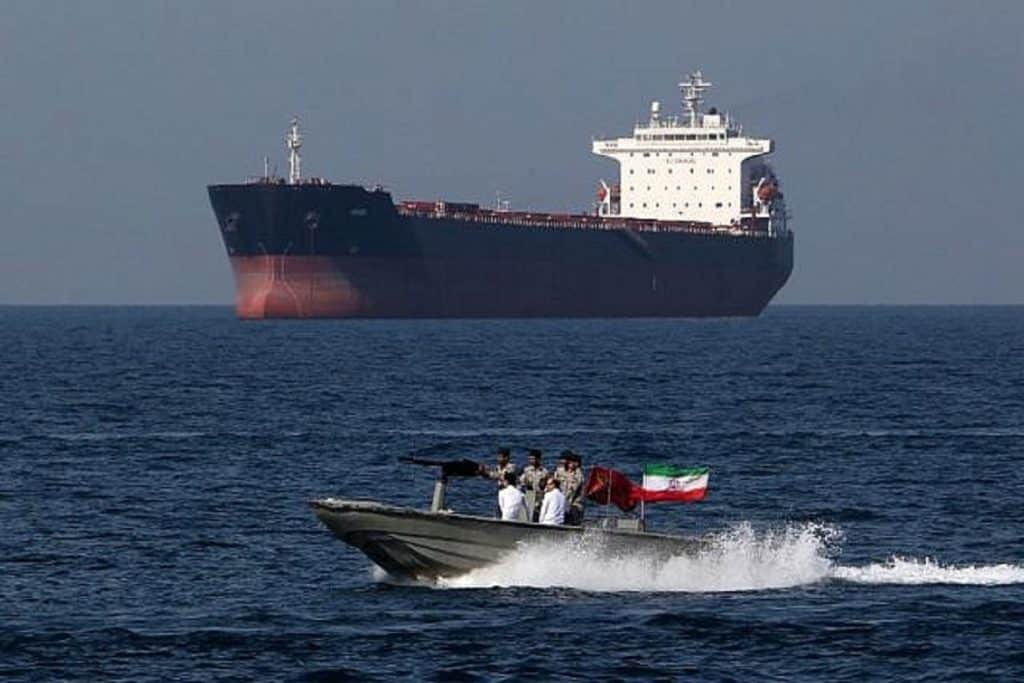By Denis Korkodinov
Tokyo could become involved in the US-Iran conflict to protect the Strait of Hormuz from a possible blockade by Tehran. The Japanese government cannot remain neutral when the international community is threatened with the closure of the sea route, where pass about 80 percent of the supply of crude oil.
The White House administration has repeatedly stated that it plans to create an international coalition to protect shipping in the Strait of Hormuz and Bab El Mandeb near the borders of Yemen. Acting Secretary of State Mark Esper confirmed the plans in June 2019. In addition, the head of the American defense ministry added information on plans to create an international coalition, pointing out the need to protect sea vessels by escorting warships and military aircraft.
It seems that Japan is now considering to join this coalition, as it was confirmed by the deputy chief secretary of the Japanese government, Kotaro Nogami.
Tokyo showed great concern for the safety of oil supplies in relation to incidents that occurred on June 13, 2019 in the Strait of Hormuz in respect of two tankers, one of which belonged to a Japanese shipping company. This incident caused angry statements by the Japanese government. At the same time, the management of the Idemitsu Kosan, Cosmo Oil and JXTG Nippon Oil & Energy oil refineries, which belong to Japan, demanded that alternative ways of supplying crude oil be sought.
Apparently, Tokyo should be forced to take part in the American coalition against Iran. However, such a development of events may significantly complicate the international position of Japan, which is still trying to maintain a neutral and benevolent relationship with Tehran.
It is worth noting that Tokyo already has experience of military support of ships in international waters. For example, Japan actively protects shipping in the Gulf of Aden off the coast of Somalia. As for the security of the Strait of Hormuz and Bab el-Mandeb, Tokyo can use its own military base in Djibouti for these purposes.
(The opinions expressed in this article are solely those of the authors and do not necessarily reflect the views of World Geostrategic Insights).
Image Credit: ATTA KENARE / AFP







